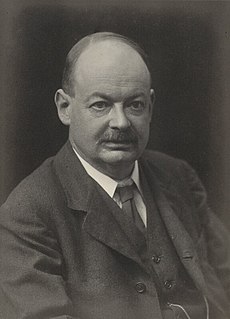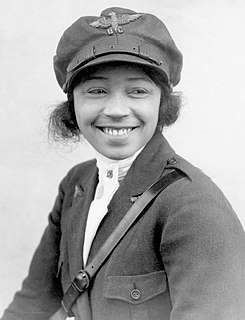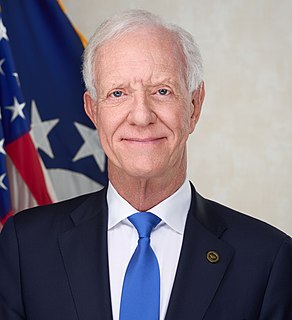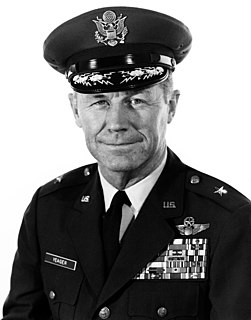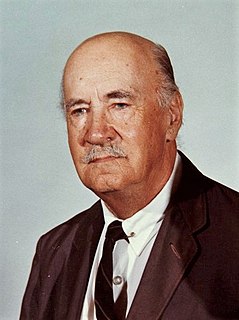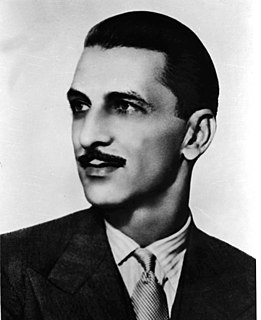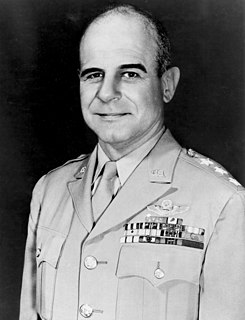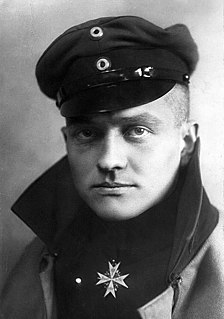A Quote by Charles Lindbergh
Without death there would be no awareness of life, and the recurring selection and renewal that has caused life's progress would be ended.
Related Quotes
If I had my life over again I should form the habit of nightly composing myself to thoughts of death. I would practise, as it were, the remembrance of death. There is no other practice which so intensifies life. Death, when it approaches, ought not to take one by surprise. It should be part of the full expectancy of life. Without an ever-present sense of death life is insipid.
I yearn for the darkness. I pray for death. Real death. If I thought that in death I would meet the people I've known in life I don't know what I'd do. That would be the ultimate horror. The ultimate despair. If I had to meet my mother again and start all of that all over, only this time without the prospect of death to look forward to? Well. That would be the final nightmare. Kafka on wheels.
He did not know that the new life would not be given him for nothing, that he would have to pay dearly for it, that it would cost him great striving, great suffering. But that is the beginning of a new story -- the story of the gradual renewal of a man, the story of his gradual regeneration, of his passing from one world into another, of his initiation into a new unknown life. That might be the subject of a new story, but our present story is ended.
Accustom yourself to believe that death is nothing to us, for good and evil imply awareness, and death is the privation of all awareness; therefore a right understanding that death is nothing to us makes the mortality of life enjoyable, not by adding to life an unlimited time, but by taking away the yearning after immortality. For life has no terror; for those who thoroughly apprehend that there are no terrors for them in ceasing to live.
Meditation upon death does not teach one how to die; it does not make the departure more easy, but ease is not what I seek. Beloved boy, so willful and brooding, your sacrifice will have enriched not my life but my death. ... Centuries as yet unborn within the dark womb of time would pass by thousands over that tomb without restoring life to him, but likewise without adding to his death, and without changing the fact that he had been.
An argument often given for why Earth couldn't host another form of life is that once the life we know became established, it would have eliminated any competition through natural selection. But if another form of life were confined to its own niche, there would be little direct competition with regular life.
Life rises out of death, death rises out of life; in being opposite they yearn to each other, they give birth to each other and are forever reborn. And with them, all is reborn, the flower of the apple tree, the light of the stars. In life is death. In death is rebirth. What then is life without death? Life unchanging, everlasting, eternal?-What is it but death-death without rebirth?
What if it is for life's sake that we must die? In truth we are not individuals; and it is because we think ourselves such that death seems unforgivable. We are temporary organs of the race, cells in the body of life; we die and drop away that life may remain young and strong. If we were to live forever, growth would be stifled, and youth would find no room on earth. Death, like style, is the removal of rubbish, the circumcision of the superfluous. In the midst of death life renews itself immortally.
You would know the secret of death. But how shall you find it unless you seek it in the heath of life? The owl whose night-bound eyes are blind unto the day cannot unveil the mystery of light. If you would indeed behold the spirit of death, open your heart wide unto the body of life. For life and death are one, even as the river and sea are one. For what is it to die but to stand naked in the wind and to melt into the sun?
Laughter. Yes, laughter is the Zen attitude towards death and towards life too, because life and death are not separate. Whatsoever is your attitude towards life will be your attitude towards death, because death comes as the ultimate flowering of life. Life exists for death. Life exists through death. Without death there will be no life at all. Death is not the end but the culmination, the crescendo. Death is not the enemy it is the friend. It makes life possible.









